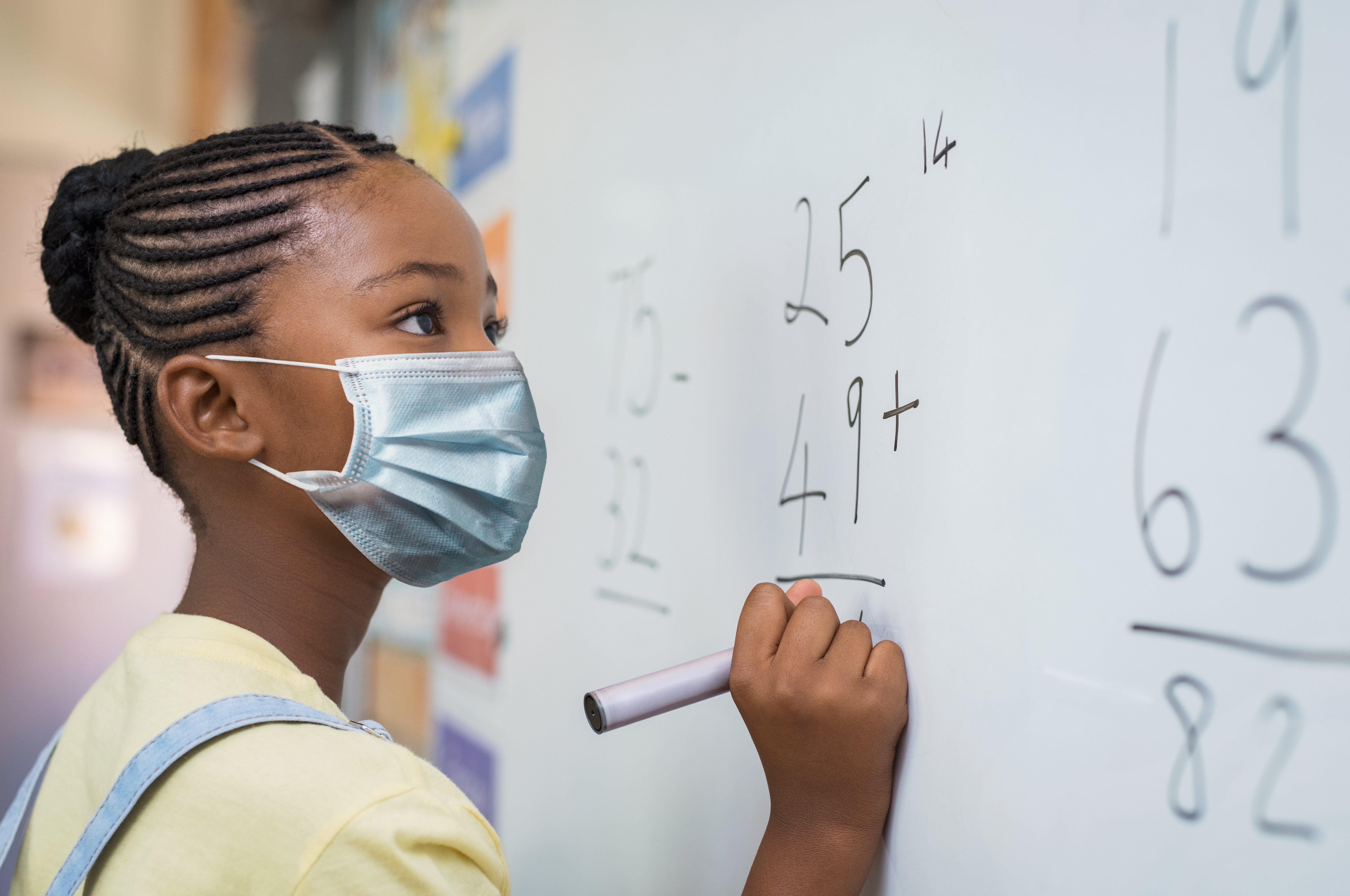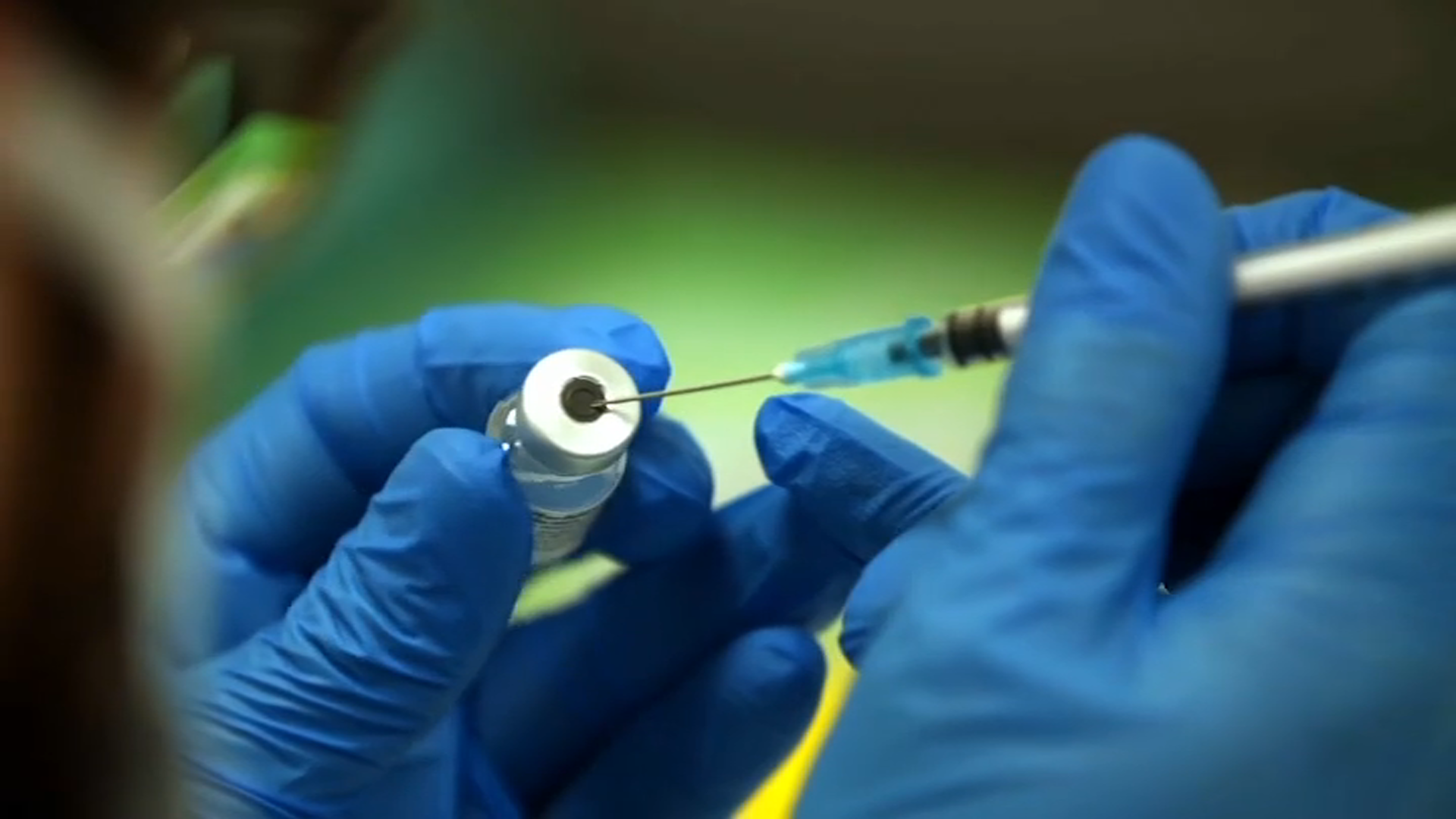As federal health officials move toward approving COVID-19 vaccinations for younger children, parents find themselves having to conduct their own risk-benefit analysis.
A key Food and Drug Administration advisory committee on Tuesday recommended a lower dose of Pfizer and BioNTech's COVID-19 vaccine for 5- to 11-year-olds, bringing the U.S. one step closer to expanding vaccinations for millions more children.
Some committee members expressed concern over a lack of data on the rate of myocarditis among the age group, a rare inflammatory heart condition that has been reported in vaccinated children. Also in question was whether the vaccinations were needed at all, given that children are generally at lower risk of severe disease and death.
Ultimately, the committee decided the vaccine’s benefits outweigh potential risks. The FDA is expected to issue a final decision within days.
Get New England news, weather forecasts and entertainment stories to your inbox. Sign up for NECN newsletters.
In a new weekly series, "COVID Q&A," NBC10 Boston asked three top Boston doctors on Tuesday for their thoughts on the COVID vaccine for younger children, including the risk of myocarditis.
What is your biggest concern?
"Basically, the biggest concern is myocarditis," Dr. Shira Doron of Tufts Medical Center said.
FDA scientists said Pfizer’s trial wasn’t large enough to detect rare side effects like myocarditis that have been observed after the second dose, particularly in younger men and teenage boys. Just over 1,500 children ages 5 to 11 received the vaccine in the Pfizer trial (another 750 received a placebo) and there were no cases of myocarditis.
"No clinical trial is ever going to be large enough to detect every possible rare side effect -- nor should they be expected to," Dr. Daniel Kuritzkes of Brigham and Women's Hospital said. "The goal of the trials is to be able to detect the common side effects that would influence the decision of the average person about whether or not to receive the vaccine."
Kuritzkes pointed to data from an Israeli study of people ages 16 to 40 that found the risk of myocarditis is actually greater from COVID than it is from the vaccine. That study missed younger adolescents, however.
There isn't any data comparing rates of myocarditis from the vaccine versus from COVID in younger people at this juncture.
How common is myocarditis?
Though uncommon, myocarditis has been reported in younger men who had Pfizer or Moderna vaccines, according to the U.S. Centers for Disease Control and Prevention. Cases typically arise within days of vaccination and subside with medicine and rest, the CDC said.
"All vaccines, like all medications, are going to have these sort of one-off side effects that can't possibly be predicted and you only know about after tens of millions of people get vaccinated," Kuritzkes said.
An official from the CDC's COVID-19 Response Team said that for 12- to 17-year-olds who received two doses of the Pfizer vaccine, the rate was as high as 56.7 cases per million doses in the three weeks following vaccination.
"There's a reason that these trials were done in a step-wise fashion, going with younger and younger age groups," Doron said. "If there was some other concerning side effect, we certainly would have seen it in the huge number of 12- to 15-year-olds, 16-, 17-, 18-year-olds that have received the vaccine."
For industry experts, noticing higher rates among younger men begs the question of whether something happens during adolescence that may change the risk, Boston Medical Center's Dr. Davidson Hamer added. But he emphasized that most cases have been mild.
"This is largely something that's going to be a problem, you know, maybe symptomatic for a week or two and then resolve," Hamer said. "And so I think that the benefits of vaccination in this age group are going to far outweigh the potential risks."
Hamer noted that experts in the U.S., the U.K. and Israel have been able to examine data from hundreds of thousands of vaccinated people to better understand rare side effects and determine safety concerns.
"With COVID vaccines, there's been an incredible amount of... I'd call it post-approval tracking of vaccine side effects," Hamer said. "I think that will continue. That's going to be focused in children, you know, both teenagers, but I think also when we start to immunize 5- to 11-year-olds to see, after we've immunized hundreds of thousands or millions, you know, are we seeing something unexpected. And I think the systems are in place to do that kind of tracking."
What is the risk of children not getting vaccinated?
Vaccinating younger groups would help the U.S. move toward COVID's "endemic" phase, where the virus is still circulating but at lower levels than it is now.
"We have a long history of recommending vaccines for community health, not solely for individual health," Kuritzkes said.
"In looking at the risk-benefit, it's not just, 'What is the risk of a 6-year-old getting the vaccine versus a 6-year-old getting COVID. It's, 'What is the risk of children -- school-aged children -- being exposed to and contracting COVID-19, bringing it into the home where there may be vulnerable adults, and what role do children potentially play as vectors of COVID-19?'"
Both Kuritzkes and Hamer emphasized the importance of remembering that vaccine policies and risk-benefit equations around vaccines have a lot to do with preserving community health.
"And that's a harder thing to quantify. Kuritzkes said.
With that community health preservation comes the ability to go to work, go to school and socialize, Hamer noted, and maybe even ditch the mask.
"Children can end up with a very high viral load and then serve to transmit," Hamer said. "It's by vaccinating them, you know, that I think allows families to start having more normal interactions."
COVID Qu0026amp;A
As part of the weekly “COVID Qu0026amp;A” series, NBC10 Boston asks three top Boston doctors about the latest development around the disease and vaccines on Tuesdays at 10:30 a.m.



